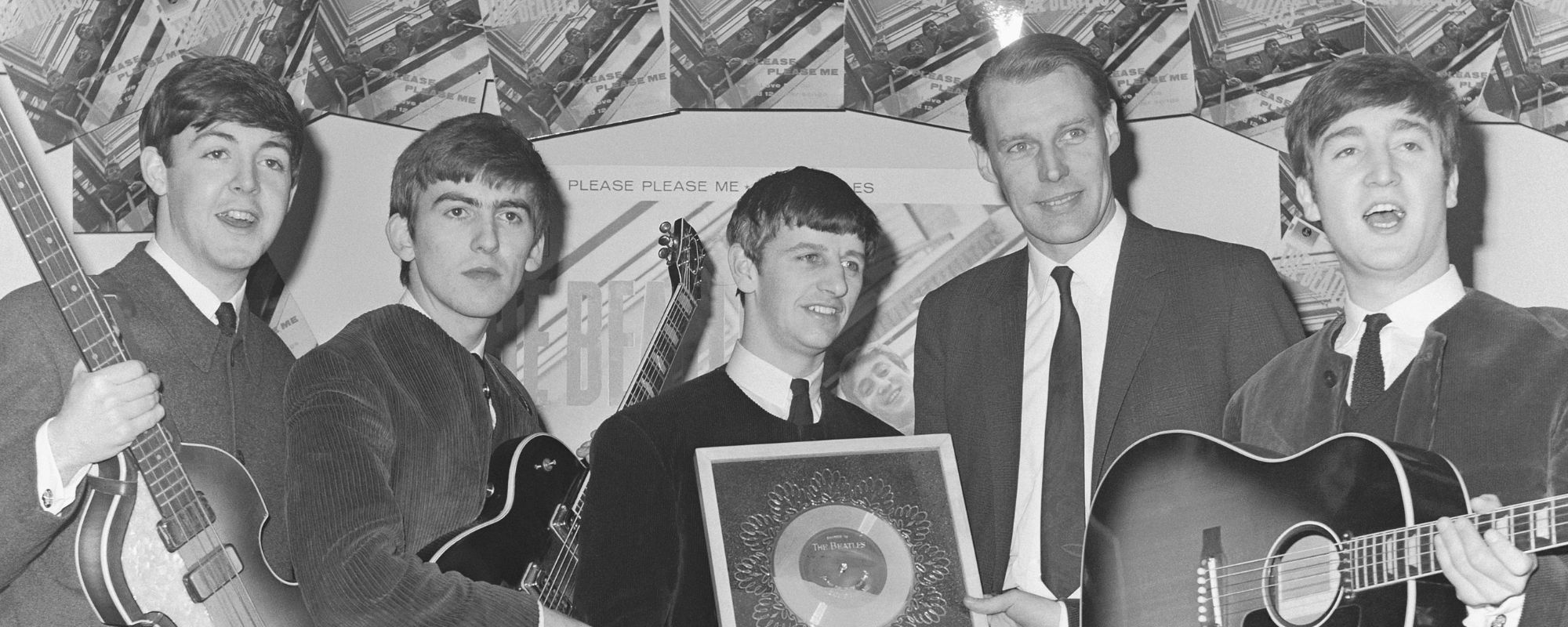Was Sgt. Pepper’s Lonely Hearts Club Band, released in 1967 by The Beatles, the first-ever rock concept album? Before you can answer that question, you first must establish if it should even qualify in that category.
Videos by American Songwriter
John Lennon, one of the four men responsible for making the album happen, didn’t think so. But we’re here to disagree with Lennon and explain our reasoning on why it’s not only a concept album, but also the best one.
Lennon’s Opinion
When people started to assess rock history in the 80s and 90s, The Beatles’ Sgt. Pepper’s Lonely Hearts Club Band began topping lists of the greatest albums of all time. Once a consensus builds up, it’s natural that a contrarian view starts to take hold. Sgt. Pepper’s often falls below other Beatles’ albums, such as Revolver and Abbey Road, in rock retrospectives these days.
John Lennon might not have argued about that. In an interview talking about the album, Lennon claimed that the album’s premise was hastily abandoned. After the second song on the record, the conceit of The Beatles actually performing in the guise of a fictional band disappears, only to be revived briefly at the album’s end.
He’s right about that. But that’s not really the theme that matters when it comes to Sgt. Pepper’s Lonely Hearts Club Band. Instead, it’s something subtler, so subtle perhaps that maybe even the Fab Four themselves didn’t realize what they were bringing to the table.
Pepper’s People
Take note of the stories behind the songs of Sgt. Pepper’s. Nearly all of them focus on the lives of everyday folks doing pretty basic things. At no point do you ever feel like you’re listening to the exploits of rock stars.
In some cases, these stories contain an aspirational edge. The narrator of “Lovely Rita” hopes to score a date. In “Getting Better”, the protagonist believes in improvement, both in what he can and can’t control. Entertainment enters the picture when a local circus, with all its attendant, oversold hype, comes to town in “Being For The Benefit Of Mr. Kite”.
Other times, the characters realize just how mundane their lives are, not that all of them mind it. In “Good Morning Good Morning”, John Lennon’s protagonist chafes against the drear of suburbia. By contrast, Paul McCartney’s narrator in “Fixing A Hole” is just fine with menial tasks and a restless mind.
Rising Above the Routine
The final song, “A Day In The Life”, depicts the struggle to find some kind of meaning in everyday existence. Spurred on by the unexpected death of someone he knew, John Lennon muses on the things that we do to occupy our time, all while that time is running speedily away from us.
Considering these pedestrian, downcast topics, why then doesn’t The Beatles’ Sgt. Pepper’s ever sound depressing or boring? The Beatles, operating at the height of their studio powers, consistently deliver music that soars to dizzying heights. This album is nothing less than an advertisement for the power of art to elevate us from the gravity of frustrating routine.
Maybe John Lennon was right about Sgt. Pepper’s losing the plot. But it does something far more important in the end. Time after time, it shows that an amazing song can transcend the doldrums. And that’s a concept for an album that we can all get behind.
Photo by Chris Burnett/Daily Mirror/Mirrorpix via Getty Images









Leave a Reply
Only members can comment. Become a member. Already a member? Log in.